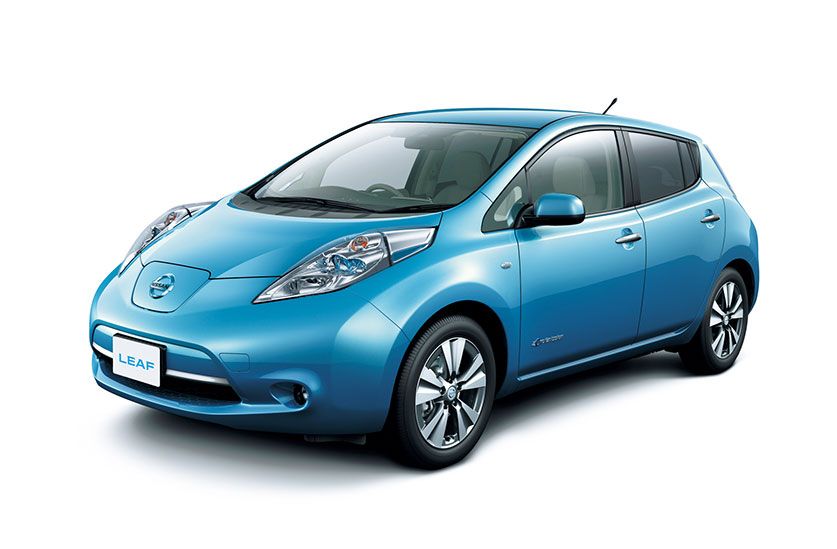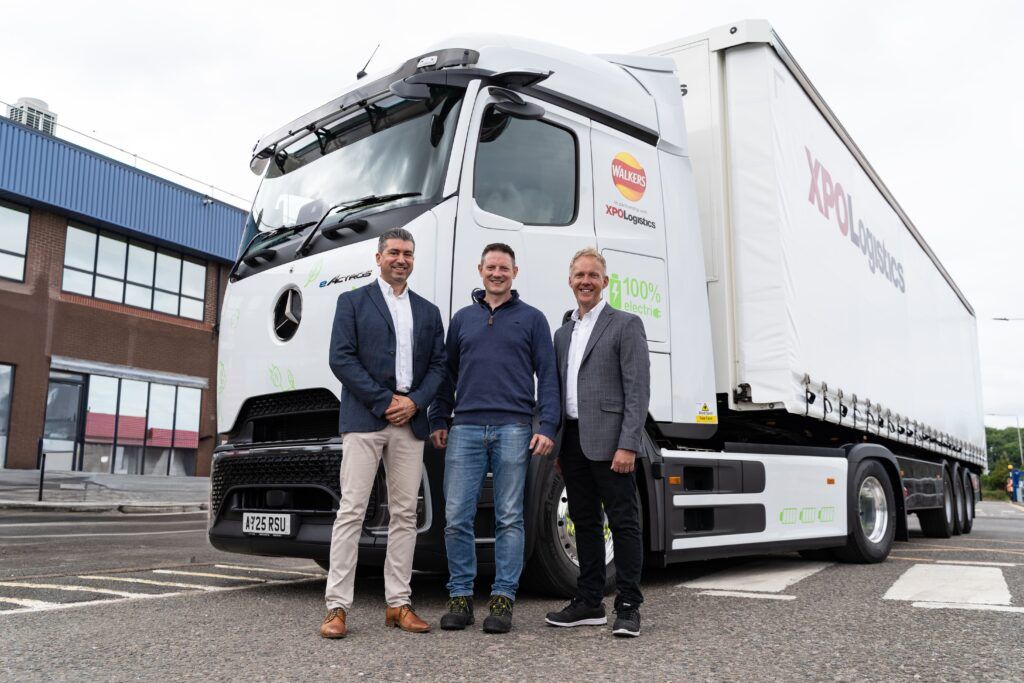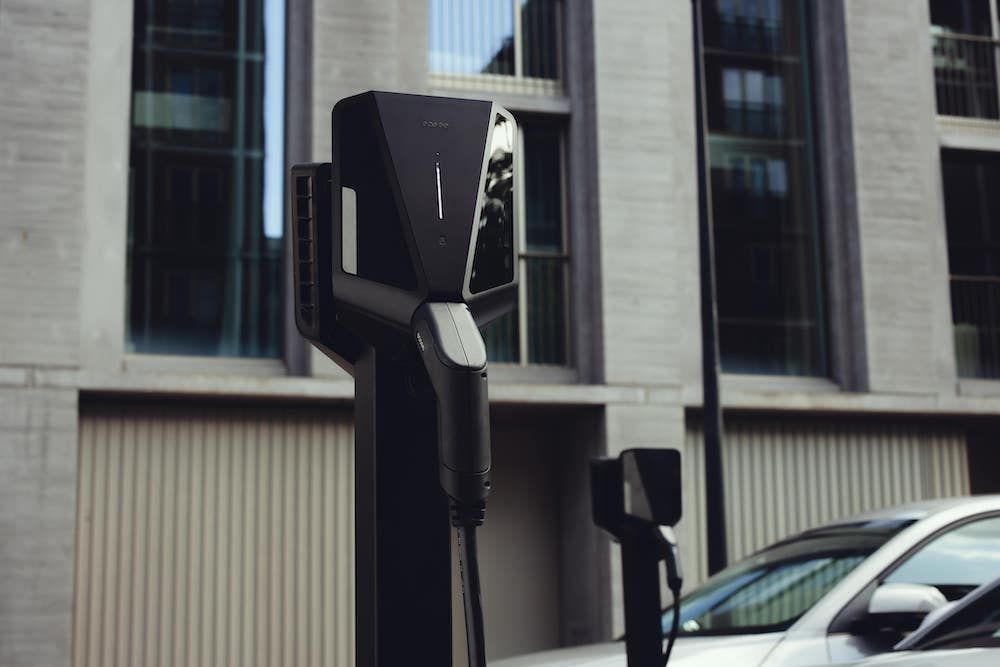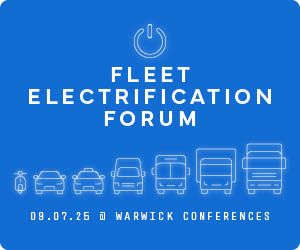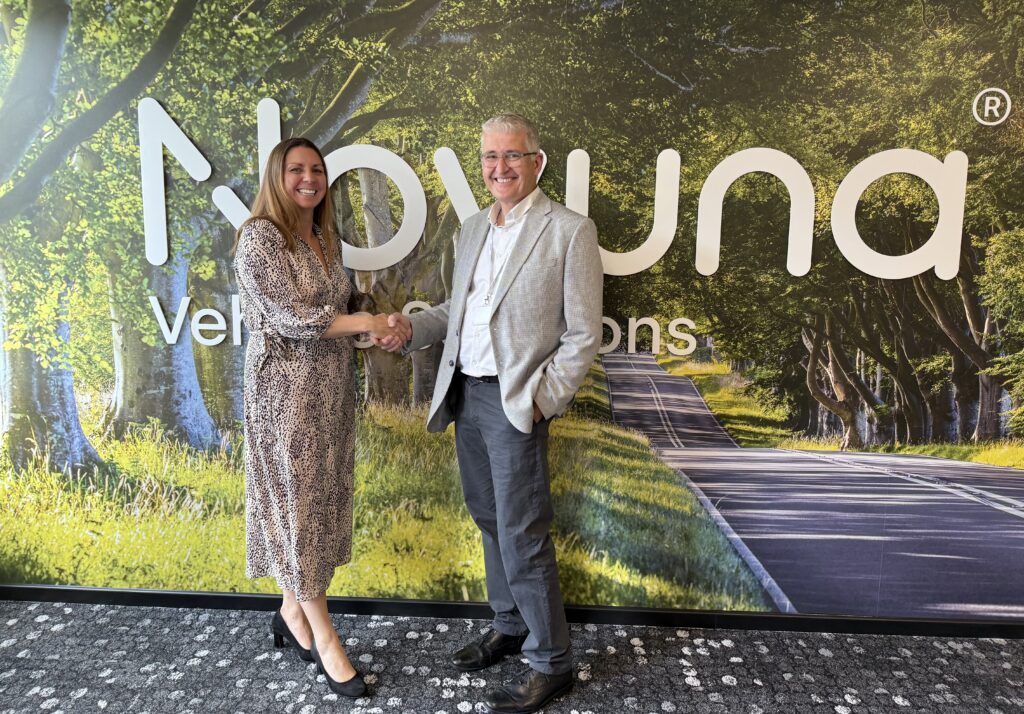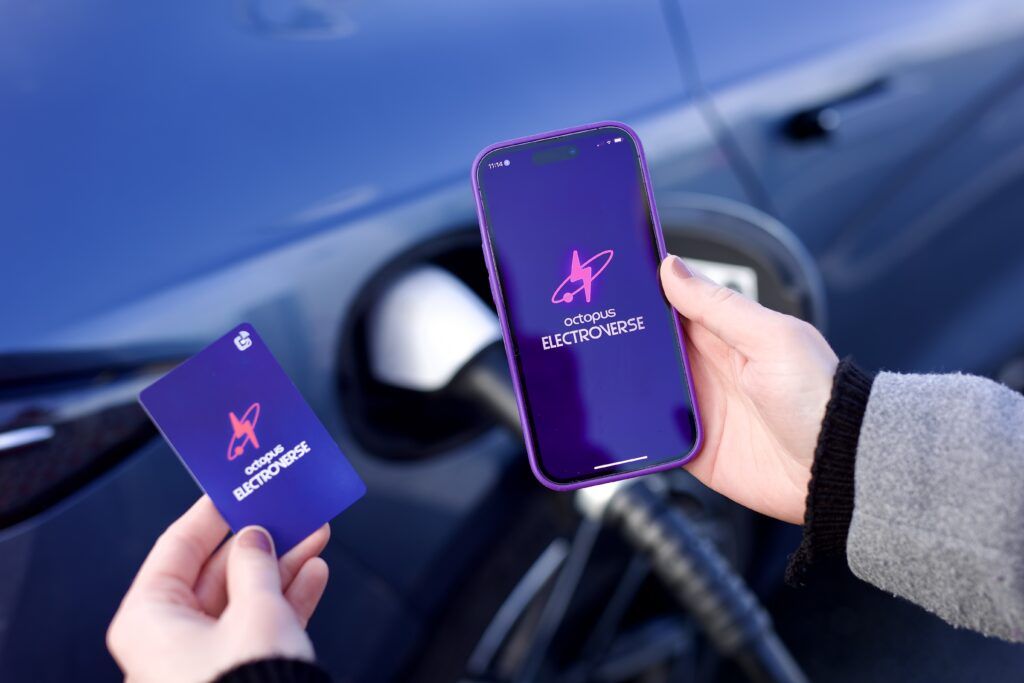A new white paper on the benefits of bi-directional charging has shown the significant benefits of such technology to lower carbon emissions.
The paper, the result of a collaboration between Nissan, E.ON Drive and Imperial College London, recommends the introduction of incentives to accelerate widespread adoption of vehicle-to-grid (V2G) charging systems.
It also addresses the challenges faced in the early days of V2G, such as creating a reliable business case in the context of evolving energy markets and regulation.
The paper indicates that V2G could deliver:
- The potential for reducing carbon emissions from the power system to as low as -243gCO2/km;
- Electricity system operation cost savings of up to £12,000 per annum per EV and CO2 reduction of approximately 60 tonnes per annum per EV;
- Annual fleet V2G charging benefits between £700-£1,250 per vehicle
Nissan, E.ON Drive and Imperial College are partners in a commercial fleet V2G project – known as e4Future, which aims to demonstrate how electric vans and cars can support the UK grid and provide a profitable and sustainable solution for business fleets.
The e4Future project is part of the V2G competition, funded by the Department for Business, Energy and Industrial Strategy (BEIS) and the Office for Zero Emission Vehicles (OZEV), in partnership with Innovate UK, part of UK Research and Innovation.
Speaking about the research, Andrew Humberstone, managing director of Nissan Motor GB, said: “There is enormous potential in vehicle-to-grid to deliver huge savings, both in financial terms for electricity system operators and vehicle fleets, and in environmental terms, by significantly cutting CO2 emissions across the UK power system. Nissan is at the forefront of efforts to realise this potential.”
Professor Goran Strbac, Chair in Electrical Energy Systems at Imperial College London said: “Our research has demonstrated that V2G can provide very substantial economic benefits to the power system as well as reduce carbon emissions. This revealed that the additional flexibility provided by V2G fleets can considerably improve system efficiency and reduce investment in new low-carbon generation, while meeting national decarbonisation targets”.



